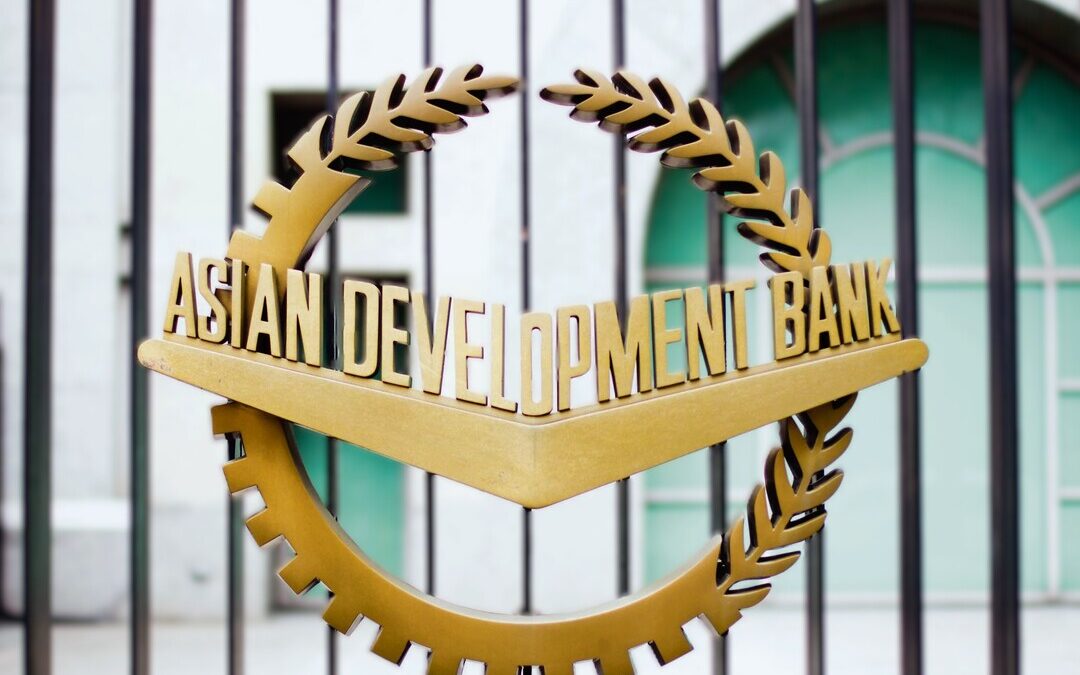India, ADB Ink $125M Loan to Strengthen Climate Resilience in Assam
India and ADB partner to boost Assam’s urban services and strengthen climate resilience through water and stormwater upgrades.
India signed a $125 million loan agreement with the Asian Development Bank on Monday to improve water and stormwater systems in Assam, in a project aimed at raising urban livability and strengthening climate resilience.
The Assam Urban Sector Development Project will deliver continuous metered water supply and upgraded stormwater management to about 360,000 residents.
The program targets six district headquarters – Barpeta, Bongaigaon, Dhubri, Goalpara, Golaghat, and Nalbari – as well as Guwahati.
India’s Department of Economic Affairs signed the agreement with ADB’s India Resident Mission. Officials stated that the program would modernize urban governance through institutional reforms and capacity building, while also introducing digital tools to enhance efficiency.
Major Infrastructure Investments
The loan will fund the construction of six water treatment plants with a combined daily capacity of 72 million liters. Around 800 km of new distribution pipelines will serve the district towns. A real-time monitoring system will be installed to maintain non-revenue water at below 20 percent.
In Guwahati, investments will focus on stormwater management in the Bahini Basin. Works include flood diversion channels, upgraded drainage, and a nature-based retention pond to reduce discharge and recharge groundwater.
Officials said these measures are central to building Assam’s climate resilience.
Institutional and Digital Reforms
The project will establish the Assam State Institute for Urban Development in partnership with the Indian Institute of Technology Guwahati.
Across project towns, new reforms include a GIS-based property tax database, digital water billing, and volumetric tariffs.
Authorities stated that these changes will support long-term financial sustainability and enhance service delivery.
Women’s Empowerment and Social Outreach
ADB stressed that gender inclusion is a core part of the program. Training will be offered to women’s self-help groups in water operations, while internships will support college-age women. Outreach programs in schools will build awareness of water, sanitation, and hygiene.
ADB Country Director Mio Oka said the initiative will “deliver sustainable urban services while strengthening climate resilience across Assam.”
ADB’s Broader Urban Livability Push
The deal comes as ADB reviews its record in supporting livable cities across Asia and the Pacific. An evaluation released Monday by ADB’s Independent Evaluation Department found that while the bank has helped improve urban livability, a deeper impact requires stronger collaboration and local partnerships.
“Improving urban livability is a priority for ADB, especially as cities across the region face mounting pressures from rapid urbanization, infrastructure gaps, and environmental challenges,” said Emmanuel Jimenez, director general of ADB’s independent evaluation.
The report noted that project indicators often lacked clarity and were poorly aligned with country strategies, making it difficult to track outcomes. It also highlighted challenges from ADB’s evolving institutional structure and limited incentives for cross-sectoral collaboration.
Calls for Stronger Local Engagement
Evaluation leader Sung Shin said ADB could achieve greater results by working more directly with local governments, similar to practices adopted by other multilateral banks.
“Strengthening staff capacity and engaging more directly with local authorities could translate livability goals into tangible outcomes,” Shin said.
The evaluation recommended sharpening urban diagnostics, aligning project design with country strategies, and scaling up engagement with subnational entities. It urged ADB to adapt organizational structures to support collaboration and improve monitoring systems.
Analysts said the Assam loan aligns with these findings by integrating infrastructure upgrades with governance reforms, digital tools, and social outreach. Together, the steps are expected to deliver immediate improvements while reinforcing long-term climate resilience.
Also Read:
Assam Approves Mega Industrial Park, New Green Energy Policy
Nirmal Menon
Related posts

Subscribe
Error: Contact form not found.


